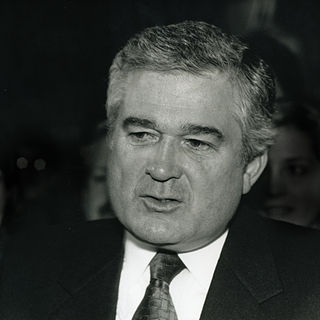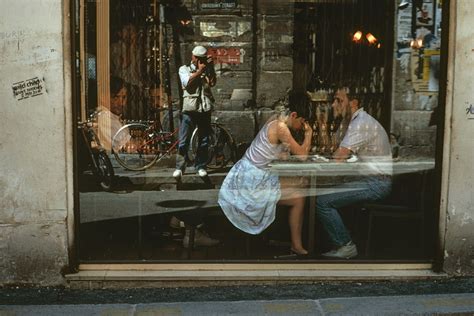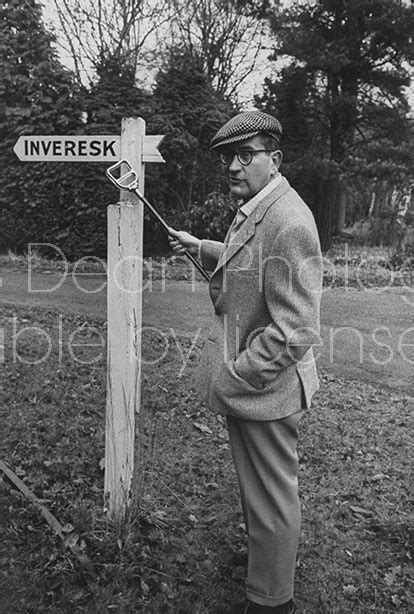A Quote by Sebastiao Salgado
I have been photographing the portrait of an end of an era, as machines and computers replace human workers. What we have in these pictures is an archeology.
Related Quotes
Instead of expecting truck drivers and warehouse workers to rapidly retrain so they can compete with tireless, increasingly capable machines, let's play to their human strengths and create opportunities for workers as companions and caregivers for our elders, our children, and our special-needs population.
At the time there was a hospital strike in New York and the Catholic hospitals were part of a general consortium, and the head of the consortium had decided that they were finally going to replace some of the striking workers. And I hear [John] O'Connor yelling, `Over my dead body will you replace any of those workers! They have a right to strike.' So I figured, `This is interesting.'



































